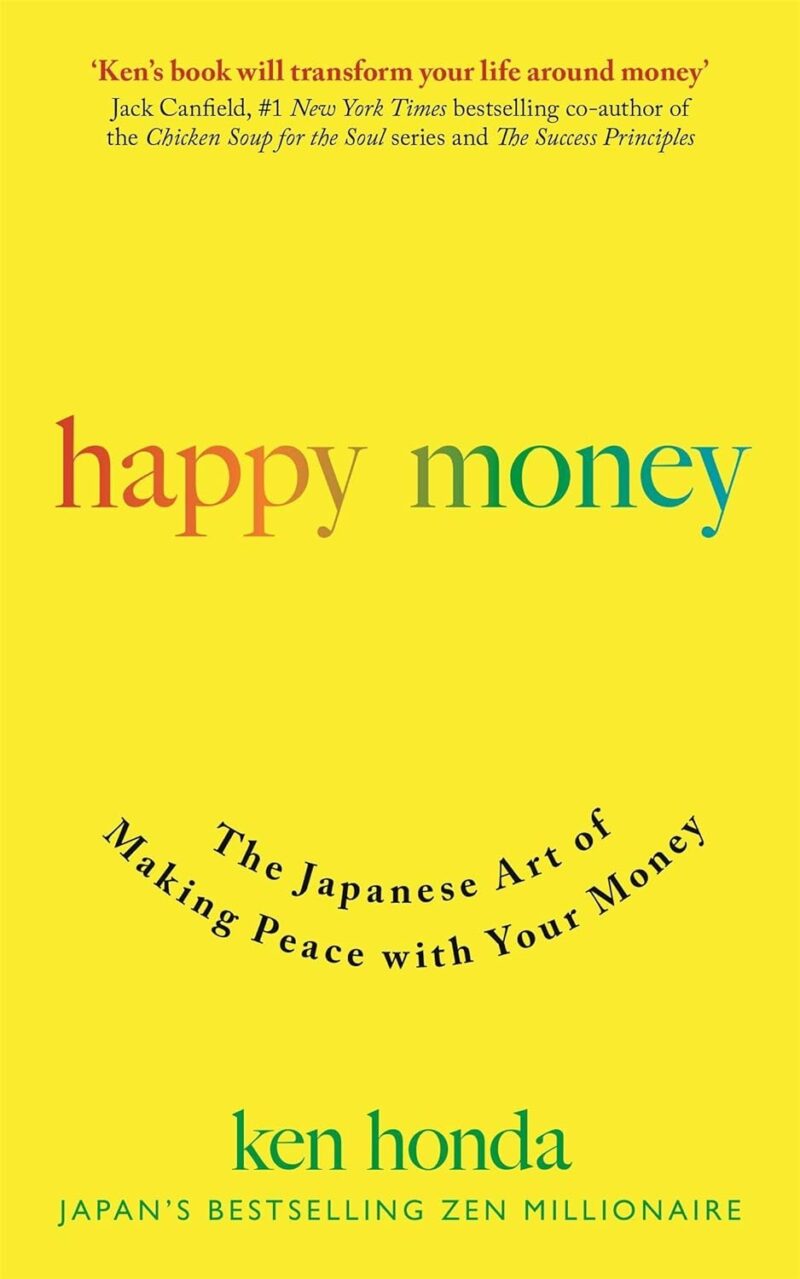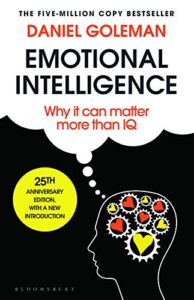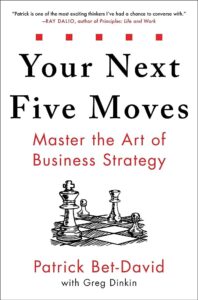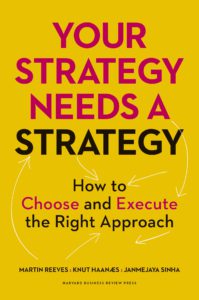Understand and Heal Your Relationship with Money
"Happy Money" explores the emotional impact of wealth, advocating gratitude and a positive mindset for a fulfilling financial life.
Subjects: Money
I had the opportunity to delve into the book “Happy Money,” an intriguing exploration of the complex relationship between wealth, emotional well-being, and life satisfaction. This book, a tapestry woven with personal anecdotes, psychological insights, and socio-economic commentary, offers a refreshing perspective on how we perceive and interact with money.
“It’s just not fair,” we say. When my daughter was young, I moved my family to Boston for a year for my daughter’s education… She then told me the sentence kids were using all day was ‘It’s not fair!’ I couldn’t help but smile.”
At its core, “Happy Money” is not just a financial guide; it’s a philosophical journey into the heart of what it means to be truly content in a world dominated by material pursuits. The author begins with a poignant scene in a park, where the struggles of a mother and her daughter mirror the universal tensions between responsibilities and the simple joys of life. This narrative sets the stage for a deeper investigation into the emotional undercurrents that money often stirs in our lives.
“The people who express gratitude often and consistently for what they have are the people who end up taking responsibility for their own happiness… Without gratitude, happiness is all but impossible.”
What makes “Happy Money” compelling is its candid discussion of the psychological impacts of wealth. From the dark corridors of hatred and desperation, stemming from financial exploitation, to the lighter realms of happiness and gratitude, the book traverses a wide emotional spectrum. It’s particularly striking how the author interweaves their personal experiences, like the observations from their father’s business clients, into broader societal reflections. These stories not only humanize the book but also provide concrete examples of how money can both uplift and burden individuals.
“What if you could look at all you have and say, ‘It’s enough’? If you believe it’s enough—I mean, truly believe it—then I guarantee you’ll feel happy.”
The book also addresses contemporary issues such as consumerism and the pervasive fear of missing out (FOMO). In doing so, it taps into the collective consciousness of a society increasingly driven by the need for more. The author doesn’t just criticize this trend; they offer a pathway to understanding and overcoming these materialistic impulses.
“Whenever I spend my money, I whisper in my mind, May this money bless you and your loved ones, because the money you spend will buy food or do something good for that person.”
Perhaps the most resonant message of “Happy Money” is the concept of finding joy in what we have – a notion that challenges the conventional wisdom of equating wealth with happiness. The book suggests that a shift in perspective, from scarcity to abundance, can lead to a more fulfilling relationship with money.
“What you own isn’t the most important thing in life. People are. You are. So focus on your life, what makes you feel most alive while you’re here, and create as many wonderful memories as you can.”
“Happy Money” stands out for its unique approach to financial well-being, blending personal narratives, psychological insights, and practical advice. It shifts the focus from mere wealth accumulation to fostering a healthier, more emotionally fulfilling relationship with money. This perspective encourages gratitude, contentment, and the recognition of money’s role in creating joy and meaning in life, rather than just being a tool for material gain. The book’s speciality lies in its ability to connect financial habits with personal happiness and societal well-being, making it a transformative read for anyone looking to redefine their financial journey.




